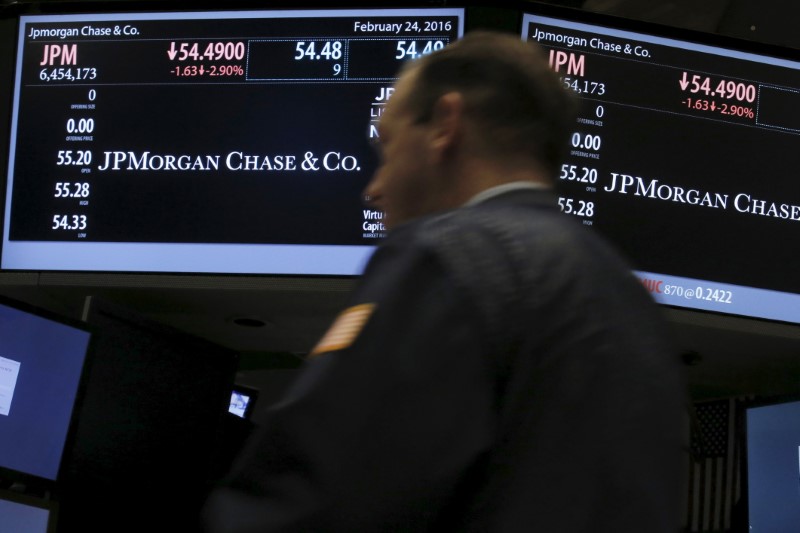In its Q3 2023 results released on Thursday, JPMorgan Chase (NYSE:JPM) demonstrated a net income of $13.2 billion and a return on tangible common equity (ROTCE) of 22%. CEO Jamie Dimon attributed these figures to above-average net interest income and unusually low credit costs, though he anticipates these factors to normalize in the future.
The company reported a CET1 capital ratio of 14.3%, total loss-absorbing capacity of $496 billion, loans worth $1.3 trillion, and liquidity of $1.4 trillion. Growth was noted across Consumer & Community Banking (CCB), Corporate & Investment Bank (CIB), Commercial Banking (CB), and Asset & Wealth Management (AWM). AWM recorded $60 billion in net inflows while CB saw a 30% increase in Payments revenue.
Despite facing risks from tight labor markets, high government debt levels, peacetime fiscal deficits and geopolitical tensions involving Ukraine and Israel, the firm maintained top Dealogic rankings, led in U.S. retail deposits and raised $1.7 trillion in capital. During the earnings call, Dimon expressed sorrow over the recent attacks on Israel and discussed the lingering effects of fiscal and monetary stimulus.
JPMorgan Chase is prepared for Basel III regulations but warns of potential impacts on the market. The company conducts 100 stress tests per week as part of its risk management strategy.
Meanwhile, Bank of America (NYSE:BAC) and Morgan Stanley (NYSE:MS) are preparing for their Q3 earnings announcement. BAC's EPS is anticipated to rise due to higher net interest income and improved operating leverage in consumer banking, yet it faces obstacles such as challenging market conditions impacting wealth management revenues and high credit loss provisions.
Despite these challenges, analyst Glenn Schorr remains optimistic about BAC stock which maintains a Moderate Buy consensus rating with a 28.55% upside potential. On the other hand, MS may see a decline in EPS due to hurdles in investment banking, trading, and investments. However, its focus on improving efficiency, higher interest income, and reduction in outstanding share count could bolster its bottom line. Despite the current valuation, MS stock holds a Moderate Buy consensus rating with a 23.41% upside potential.
This article was generated with the support of AI and reviewed by an editor. For more information see our T&C.
